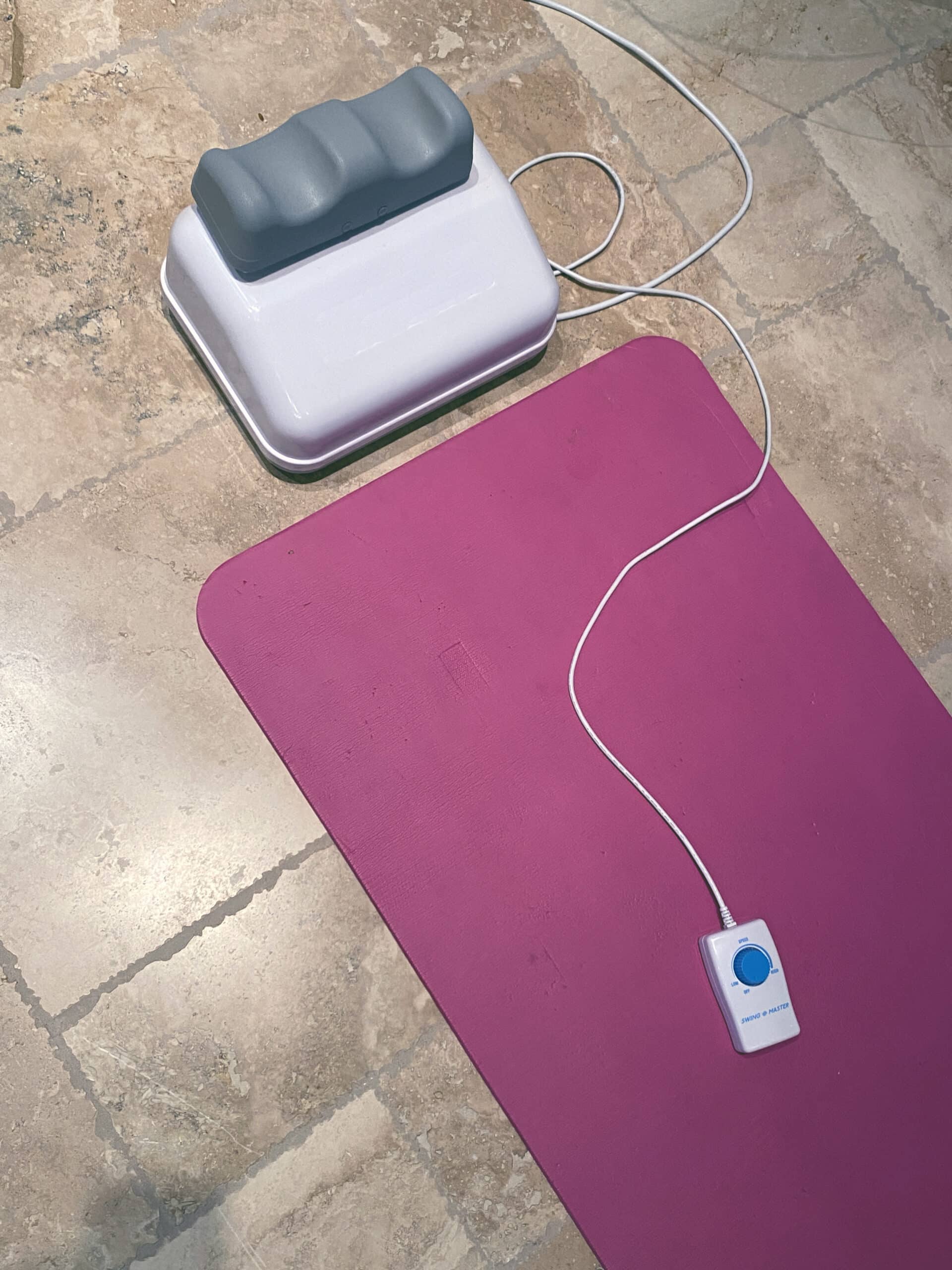Telling others about a chronic illness is never easy, especially when that illness is complex, misunderstood, or invisible. Chronic Inflammatory Response Syndrome (CIRS) can be particularly challenging to explain because of the range of symptoms and the fact that many people aren’t familiar with the condition. Whether you’re telling a close friend, a family member, a colleague, or even a doctor, it can feel daunting to explain what CIRS is and how it impacts your daily life.
But sharing your diagnosis is an important step in gaining the support you need and helping others understand your experience. Here are some tips on how to explain that you have CIRS in a way that is clear, compassionate, and empowering.

Be Clear About What CIRS Is
CIRS is a complex condition that arises when the body has an abnormal response to biotoxins, often from mold, bacteria, or other environmental factors. Because many people are unfamiliar with CIRS, it’s helpful to offer a basic, understandable explanation. You don’t need to go into all the technical details unless they ask—just a simple summary can do wonders:
CIRS is a chronic condition where my body reacts negatively to certain toxins, like mold or bacteria, which causes inflammation and a range of symptoms. It’s an ongoing process, and the effects can vary from person to person.
By keeping it straightforward, you’ll set the foundation for a more in-depth conversation if needed.
Focus on How CIRS Affects You Personally
While it’s important to explain the general concept of CIRS, it’s also vital to talk about how the condition affects you specifically. CIRS symptoms can vary widely, from fatigue and brain fog to joint pain, respiratory issues, and more. People may not understand the physical, mental, and emotional toll it takes on you unless you share your own experience.
For example, I feel incredibly fatigued on most days, and sometimes I struggle to concentrate or remember things. It’s like having a foggy brain, which makes simple tasks feel overwhelming. Other times, my joints ache or I have trouble breathing—symptoms that come and go, but never fully disappear.
Personalizing the explanation helps others see the real, lived experience behind the condition and makes it easier for them to empathize with what you’re going through.
Be Honest About the Challenges
Living with CIRS is often a daily struggle, and it can be helpful to explain the challenges you face. Don’t shy away from sharing how it impacts your social life, career, or emotional health. People are more likely to offer support if they understand the magnitude of what you’re dealing with.
There are days when I’m so tired I can barely get out of bed. It’s hard to make plans or commit to things because I never know how I’ll feel from one day to the next. And sometimes it feels like people don’t understand because the symptoms are invisible, but they are very real.
Sharing the emotional toll is equally important. Chronic illness can lead to feelings of isolation, anxiety, and depression. Letting people know how CIRS affects your mental and emotional well-being allows them to offer not just practical support, but also emotional understanding.
Explain the Lack of Immediate Solutions
Unlike some health conditions, CIRS doesn’t always have a clear, quick fix. Treatment is often slow, and there’s no one-size-fits-all approach. This can be frustrating for both you and the people around you who want to see you “better” as soon as possible. It’s important to explain that managing CIRS is a long-term process, and there’s no magic cure.
The treatment journey for CIRS is ongoing, and it’s about managing symptoms and reducing exposure to the toxins that trigger my condition. It’s not a quick fix, and sometimes progress is slow or inconsistent. But I’m working with doctors to improve my health, and I’m hopeful that with time and patience, I’ll feel better.
By setting realistic expectations, you can avoid misunderstandings and unnecessary pressure from others who might expect an immediate recovery.
Be Ready to Address Misconceptions
Unfortunately, some people might not take your condition seriously or may have misconceptions about chronic illnesses like CIRS. They might assume that you’re exaggerating, that it’s “all in your head,” or that you’re simply tired. Be prepared to kindly and patiently address these misunderstandings.
I know it might be hard to understand because CIRS is an invisible illness, but I assure you that these symptoms are very real. I’m not just tired or lazy—I’m dealing with a medical condition that affects my body and mind in ways that are difficult to explain without living through it. I really appreciate your understanding and support.
Offering compassion while educating others can help bridge the gap and ensure they don’t unintentionally invalidate your experience.
Offer Suggestions for How They Can Help
Once you’ve explained what CIRS is and how it impacts you, it’s helpful to offer specific suggestions for how people can support you. Sometimes, friends and family just don’t know what to do or say. By giving them concrete ways they can help, you empower them to be supportive in meaningful ways.
It would really help if you could be patient with me when I cancel plans at the last minute. And if I need to rest or take a break during social gatherings, I hope you’ll understand. Also, I’d really appreciate it if you can help me keep my living space free of mold or strong chemicals, as that can make a big difference in how I feel.
Providing these suggestions will help others feel less helpless and more confident in offering the right kind of support.
Be Patient with Reactions
Remember, not everyone will understand CIRS right away, and some people may need time to process the information you’ve shared. They may ask questions, express concern, or even struggle to believe you. Give them the grace to learn and come to terms with your diagnosis in their own time.
I understand this might be a lot to take in, and it may be hard to fully grasp what I’m going through. Please know I’m happy to answer any questions and continue the conversation as much as needed.
Reaffirm Your Strength and Resilience
Finally, reassure your loved ones that you are strong and actively working toward managing your health. Let them know you are committed to doing everything you can to improve your condition, but that you also need their support in this process. This helps to remind them that you are not giving up, and it encourages them to stay hopeful with you.
I know this is tough, but I’m doing everything I can to get better, and I really appreciate your support as I navigate this journey. It means the world to me to have people like you by my side.
Conclusion
Explaining that you have CIRS doesn’t have to be overwhelming or complicated. By breaking down the information, personalizing your experience, and offering ways others can help, you can open the door to a deeper understanding and stronger support network. It’s an ongoing conversation that will evolve as your journey with CIRS continues. Remember, sharing your condition is a powerful step toward better communication and connection—and ultimately, better care and compassion from those around you.






